By Robbie Butler
In a recent post I spoke about the 4,000 plus employees that a 2012 Indecon report prepared for the Department of Agriculture, Food and the Marine suggested are directly employed in the racing industry. As a country that actively participates and follows sport, horse racing continues to be a sport where the Irish can compete with and beat the best. Ireland is arguably home to the best flat and national hunt jockeys and trainers. In a time where Irish teams often fail to compete on the international stage, horse racing continues to buck the trend.
Why might this be the case? Well, government support is probably the key. This year, the Horse and Greyhound Racing Fund will receive €55,020,000 according to the government’s Revised for Public Services 2013. A ESRI report by Fahey and Delaney states that Horse Racing Ireland (HRI) will receive 80% of this fund - €44,016,000.
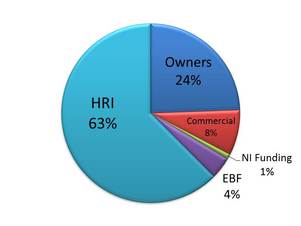
More than 60% of the direct government funding is used in the form of prize money. Bearing in mind that ownership of a horse is very much a luxury good, more so now than ever, one has to question the merit of funding this section of the industry so heavily and where the money is ending up. It further proves that you can be good at any sport internationally, you just have to be willing to pay for it. Imagine what €44 million a year could do for Shamrock Rovers, Munster Rugby or Cricket Ireland…
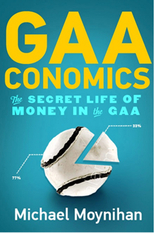
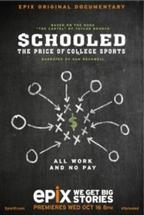
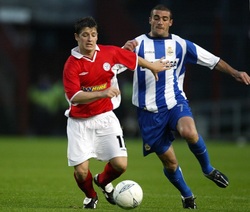
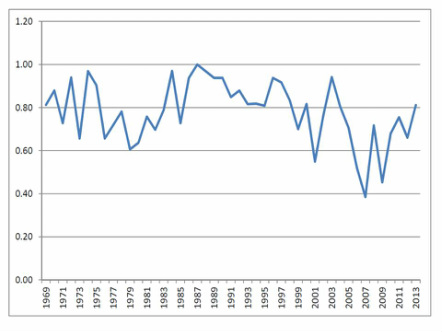
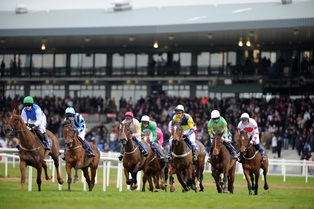


 RSS Feed
RSS Feed